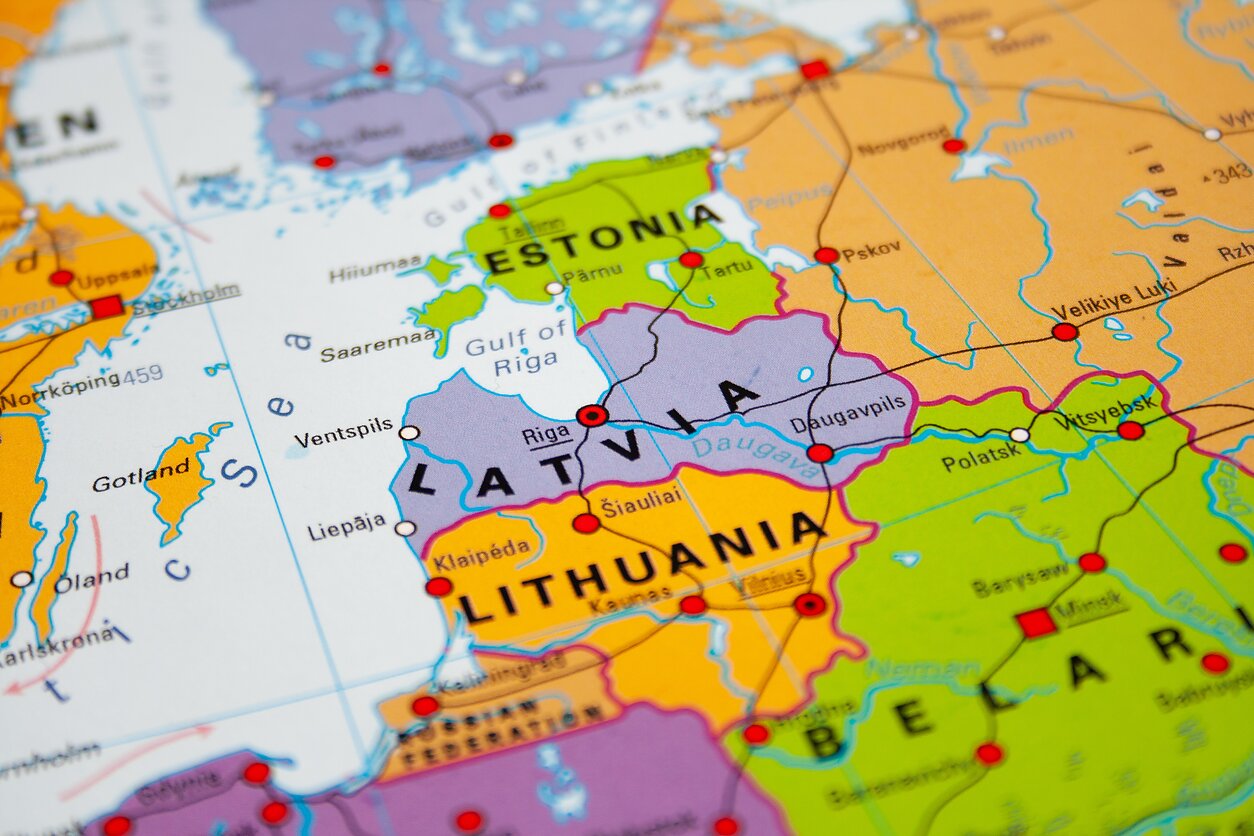Eastern European countries are preparing hospitals for war – Politico
17 June 13:09
NATO border countries are stepping up preparations for a possible military conflict with Russia by creating underground infrastructure, purchasing bulletproof vests for doctors, and building up strategic stockpiles of medicines. This is stated in Politico’s article “European border countries are preparing their hospitals for war,” "Komersant Ukrainian" reports.
According to the publication, since the beginning of Russia’s full-scale invasion of Ukraine, the threat of military conflict on NATO’s eastern flank has become particularly acute. Therefore, Lithuania, Latvia and Estonia are actively reviewing crisis response protocols for medical institutions, organizing training and investing in protective equipment for staff.
“It is not a question of if Russia will attack. It is a question of when,”
– said Ragnar Vaiknemets, deputy director general of the Estonian Board of Health, which is responsible for crisis preparedness.
Читайте нас у Telegram: головні новини коротко
Going underground
Santaros, Vilnius University Hospital, located just 50 kilometers from the EU’s external border with Belarus, is developing underground infrastructure, storage facilities, helipads, and autonomous systems that will allow it to function even in the event of a power or water outage.
In addition to bulletproof vests for ambulance crews, Estonia plans to distribute satellite phones to maintain communication in the event of a failure of traditional networks. There are even plans to create an independent Internet network if necessary.
Many hospitals in Eastern Europe are particularly vulnerable due to their tall buildings and location in a single complex, the article says. Now, medical institutions are exploring the possibility of converting basements into operating rooms in case of emergency.
Estonia has allocated 25 million euros for supplies for mass casualties, including orthopedic equipment, tourniquets, and trauma kits. Since COVID-19, Latvia has required medical facilities to maintain a three-month supply of medicines.
Staffing is a problem
Staffing remains a problem. A Lithuanian survey showed that more than a quarter of healthcare workers are likely to flee during the war, less than 40 percent will stay, and a third are undecided.
Estonia is stepping up systematic training. Hospitals, ambulance crews, and doctors are learning to switch to “crisis mode” when they need to cope with a large flow of patients and treat war wounds such as shrapnel wounds, gunshot wounds, burns, and amputations.
Lithuanian doctors travel to Ukraine to learn firsthand how hospitals cope with rocket attacks, massive losses and power outages. After the drone attacks, the consequences are hard to imagine – many wounds are unlike anything they have ever seen before.
Countries far from the front line should also prepare to receive patients and refugees. According to experts, in the event of a real conflict, the number of victims could dramatically exceed the Ukrainian figures – instead of 4,000 evacuees in three years, we could be talking about 4,000 in two weeks.
According to the newspaper, the issue of health care security during conflicts was raised by Poland, which currently holds the presidency of the EU Council. Unlike in Estonia, no one knows when – or if – war will come. But as Vaiknemets said:
“A crisis never screams when it is coming.”
That is why Poles and Balts “have to prepare for the worst” but “hope that it will not happen.”
Читайте нас у Telegram: головні новини коротко









